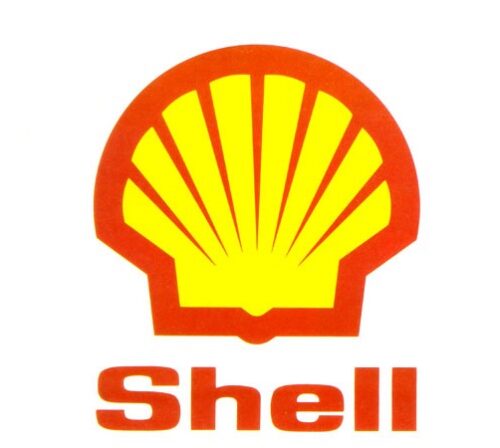
Shell, a global leader in the energy industry, is concluding its long-standing involvement in Nigeria’s onshore oil sector, marking the end of nearly a century of operations in the region. The company has reached an agreement to sell its subsidiary, Shell Petroleum Development Company (SPDC), to the Renaissance Consortium, a group of mostly local Nigerian companies, in a deal valued at approximately $2.4 billion.
Despite the transition, Shell has assured its 2,500 employees in Nigeria that they will retain their jobs under the new ownership. The consortium, which is expected to take over operations once the sale is approved by the Nigerian government, will inherit Shell’s responsibility for the environmental challenges, including oil spills, theft, and sabotage, that have long plagued the region.
Shell’s decision to sell its onshore oil assets aligns with its strategy to simplify its portfolio and focus more on Nigeria’s offshore oil production, which is seen as more lucrative and less risky. Shell’s exit follows a broader trend of Western oil companies scaling back their onshore operations in Nigeria, with firms like Exxon Mobil, Eni, and Equinor also divesting from the region.
The Renaissance Consortium, which consists of local players such as ND Western, Aradel Energy, First E&P, Waltersmith, and Swiss-based Petrolin, has committed to taking over Shell’s operations. The deal involves an upfront payment of $1.3 billion, with an additional $1.1 billion tied to outstanding receivables. Shell’s move also signifies the company’s decision to retreat from a sector marked by costly maintenance, high-profile lawsuits, and operational challenges, including frequent oil spills linked to sabotage and theft.
Shell’s Nigerian operations have historically been plagued by environmental issues, including spills from pipelines in the Niger Delta, which have caused significant ecological damage. Despite this, Shell’s leadership, including Zoë Yujnovich, Head of Upstream, reiterated that the company will continue its investments in Nigeria, particularly in the offshore sector, and remains committed to responsible business practices.
The divestment, which is also under scrutiny from environmental advocates, comes amid growing concerns over the long-term environmental impact of Shell’s operations in the Niger Delta. Nnimmo Bassey, the Executive Director of Health of Mother Earth Foundation, a Nigerian environmental advocacy group, has called for Shell to take full responsibility for the environmental damage caused by its activities. Bassey emphasized the need for the company to provide full compensation for the cleanup and restoration of the impacted areas, as well as reparations for local communities.
Shell’s stake in the SPDC joint venture, which holds 18 onshore and shallow water mining leases, has been valued at approximately 458 million barrels of oil equivalent. The other partners in the joint venture include the Nigerian National Petroleum Corporation (NNPC), TotalEnergies, and Eni. Despite the divestment, Shell still retains significant interests in Nigeria’s offshore oil fields and natural gas operations.
Shell has also been involved in a long-running legal battle over oil spills in the Niger Delta, with the company having been ordered to pay $15.9 million in compensation to local communities affected by spills. Shell continues to maintain that most of the damage was caused by sabotage, though courts have found that poor maintenance and operational failures may have been contributing factors.


